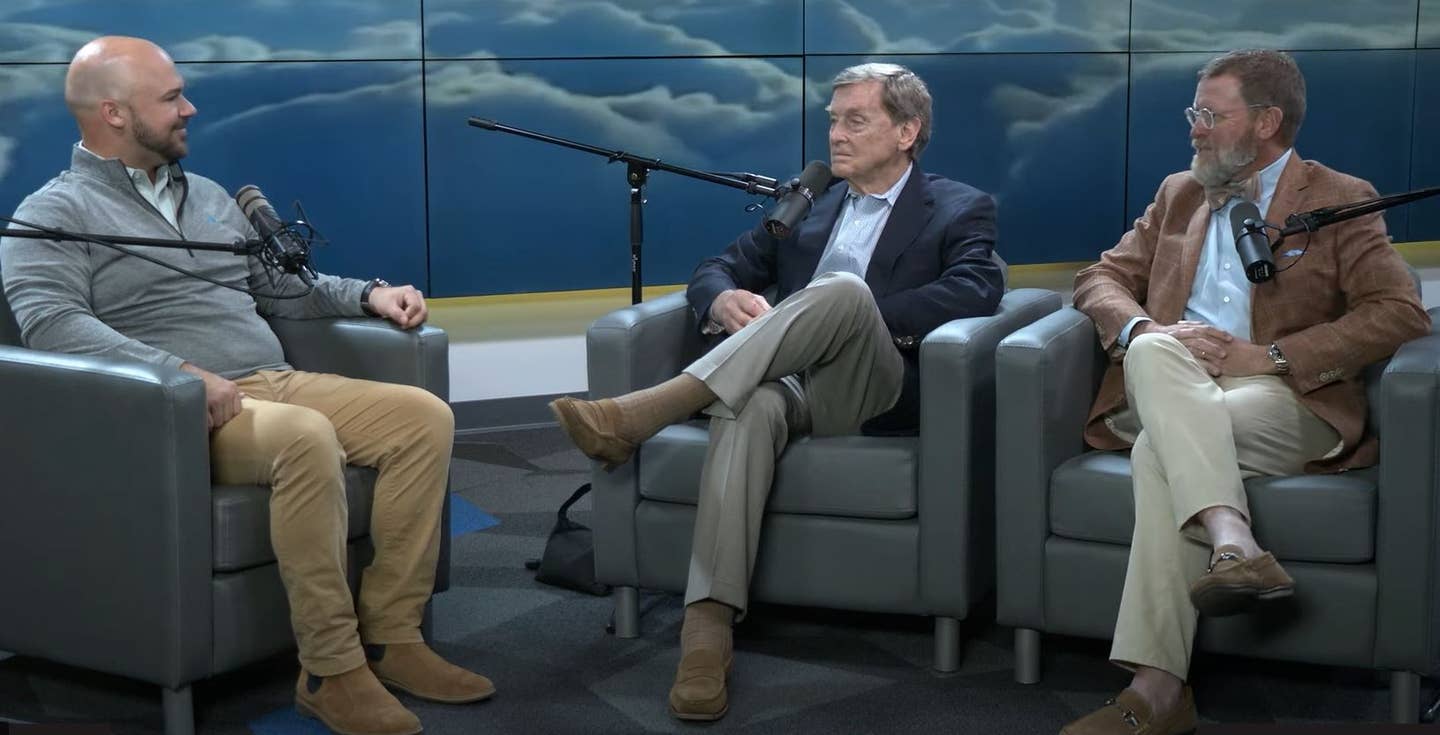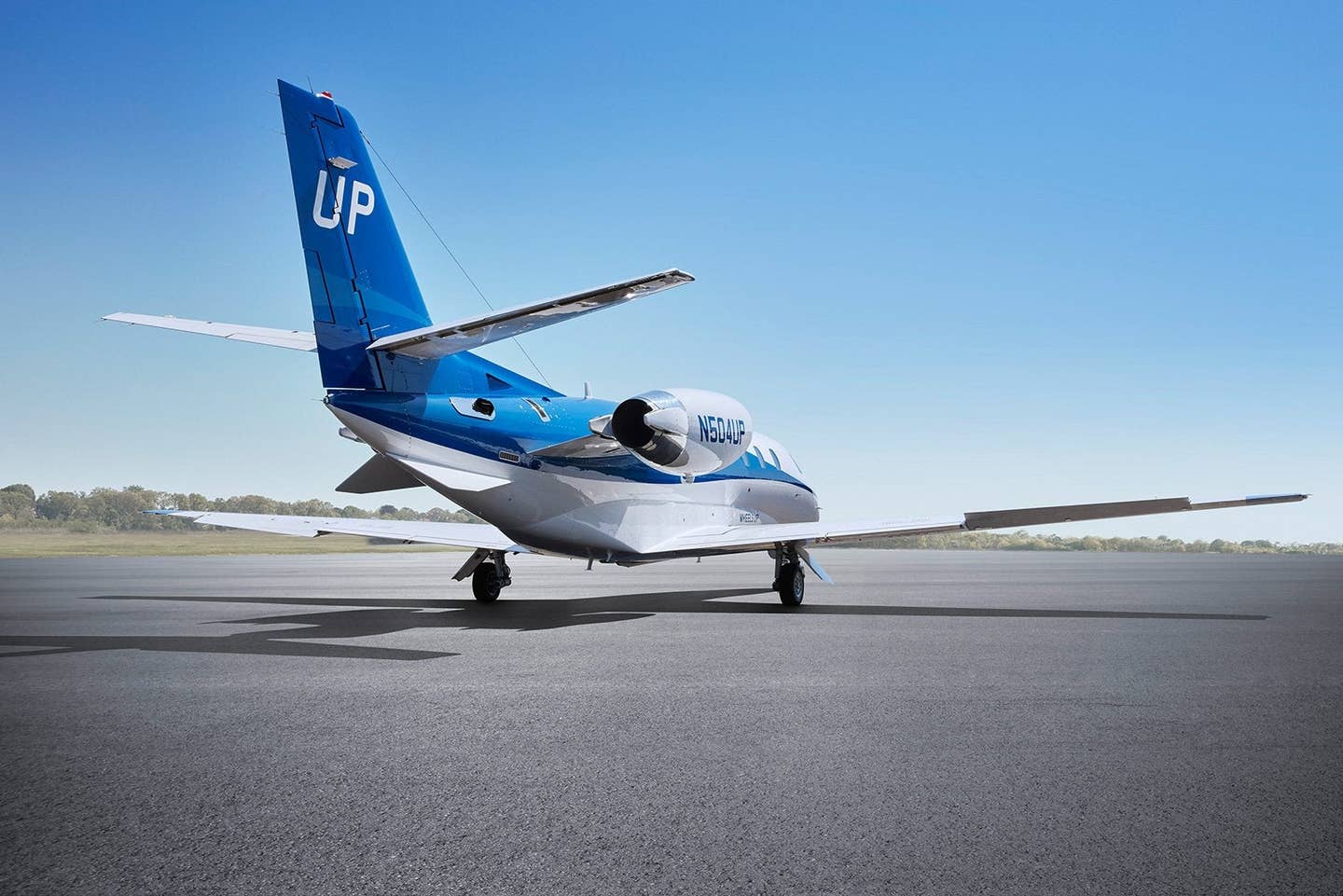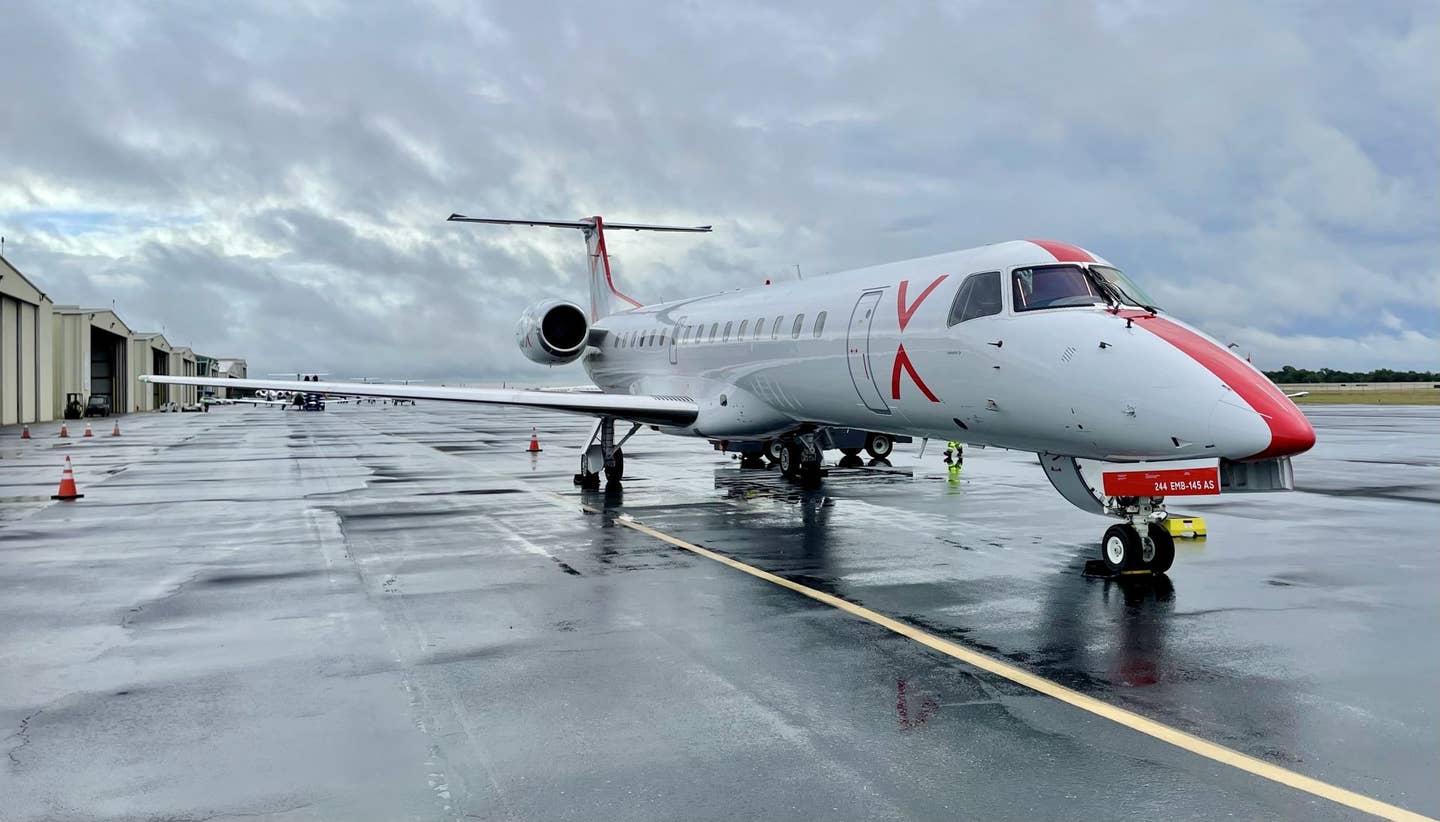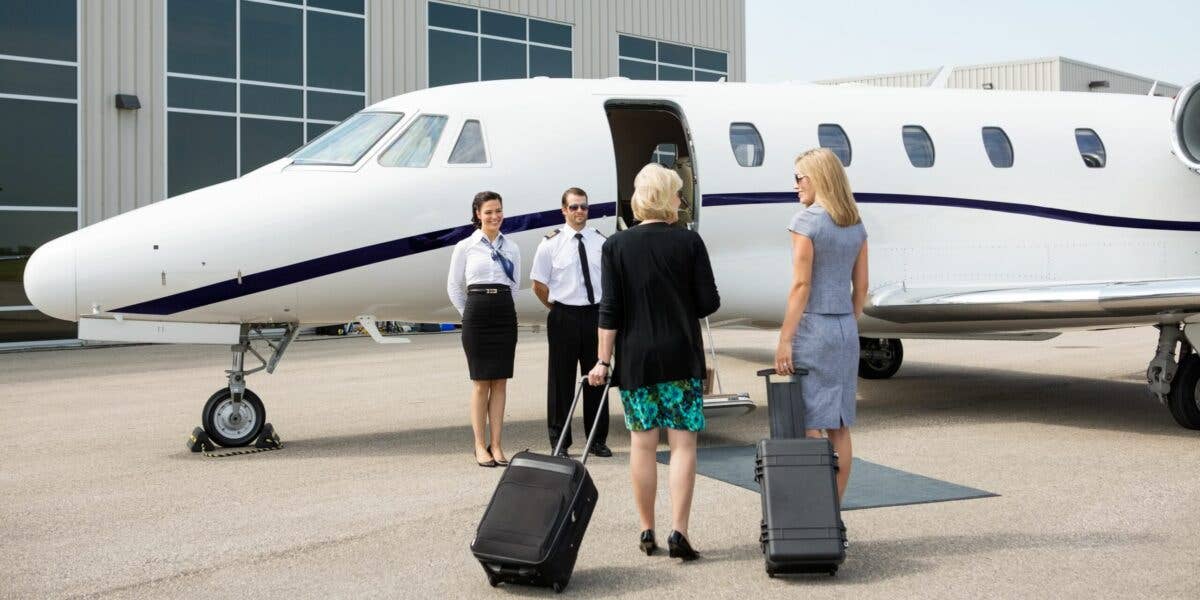FAA Policy Allowing Airline Dispatcher Remote Work Under Fire
In 2020, due to the pandemic, the FAA granted a percentage of dispatchers, including ones at SkyWest and Republic Airways, to work remotely.
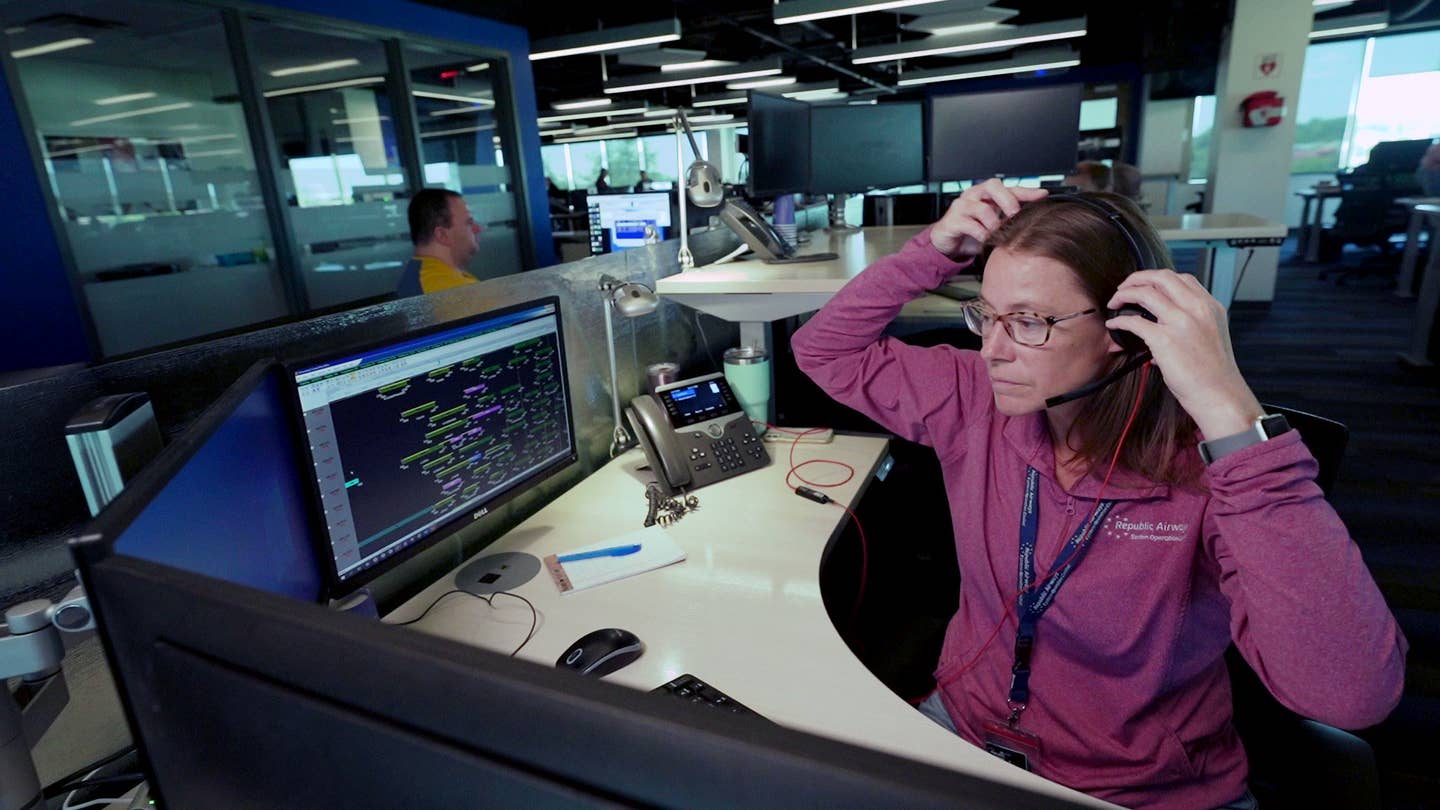
In 2020, due to the pandemic, the FAA granted a percentage of dispatchers, including ones at SkyWest and Republic Airways, to work remotely. [Courtesy: Republic Airways]
Lawmakers want the FAA to explain why it has allowed certain airlines to continue using a pandemic provision that allowed their dispatchers to work remotely. Representatives Peter DeFazio, the chair of the House Committee on Transportation and Infrastructure, and Rick Larsen, the chair of the House Aviation Subcommittee, wrote to acting FAA administrator Billy Nolen on Tuesday seeking clarification on the matter.
"We are writing to express our deep concern regarding the Federal Aviation Administration's (FAA) decision to allow SkyWest Airlines and Republic Airways, under emergency authority, to continue the use of alternate aircraft dispatch centers, allowing dispatchers to work remotely, despite the potential safety risks," the letter said.
Federal aviation regulations hold dispatchers to high standards. For instance, FAR 121.533 states, "The pilot in command and the aircraft dispatcher are jointly responsible for the preflight planning, delay, and dispatch release of a flight in compliance with this chapter and operations specifications." Specifically for dispatchers, it also says they are responsible for flight monitoring, issuing necessary information for the safety of the flight; and canceling or re-dispatching a flight if they determine the flight cannot operate or continue to operate safely as planned or released.
Before the pandemic, dispatchers typically have worked in operation control centers that provide a physically and otherwise secure place of work. This also means staving off cyber threats, given the large amount of data passed on to aircrews.
In 2020, due to the pandemic, the FAA granted a percentage of dispatchers, including ones at SkyWest and Republic Airways, to work remotely. Per the allowance, no more than 20 percent of an airline's dispatchers were to work from home and were only allowed to do so for six months. The letter said that the FAA later expanded the provision to allow up to 60 percent of dispatchers on any shift to work remotely through March 2023.
The lawmakers are now questioning why they have continued using that policy while, as they said, "many federal pandemic policies are ending or being scaled back."
More bluntly, DeFazio and Larsen said, "The decision to allow dispatchers to work from home, in potentially unsecured conditions, raises significant safety concerns that the FAA must address." Moreover, they appear concerned that the FAA may need to do their due diligence in providing proper oversight for remotely-working dispatchers.
"The FAA's overreliance on the airlines' self-reporting of operating conditions also presents significant concerns," the letter said. It goes on to say that this is partly because "inspections of a dispatcher's residence are conducted virtually, and potential distractions or safety hazards can be missed by the airlines or the FAA."
The letter cites an incident on May 5 this year when Republic Airlines pilots could not reach a dispatcher working remotely while they were in a holding pattern for nearly 30 minutes due to bad weather and needed to plan a diversion. Separately, the letter shared that an on-site dispatcher was confined to her post for 12 hours, 2 hours beyond her duty day, per FAR 121.465, because a relief dispatcher, working remotely, could not access the company's dispatch systems due to internet issues.
Looking ahead, the representatives have requested that the FAA, by December 12, clarify its policies to regulate remote dispatchers, in addition to insight into the quality of work being done. They also want to know if the FAA plans to make emergency authorizations permanent.

Subscribe to Our Newsletter
Get the latest FLYING stories delivered directly to your inbox


